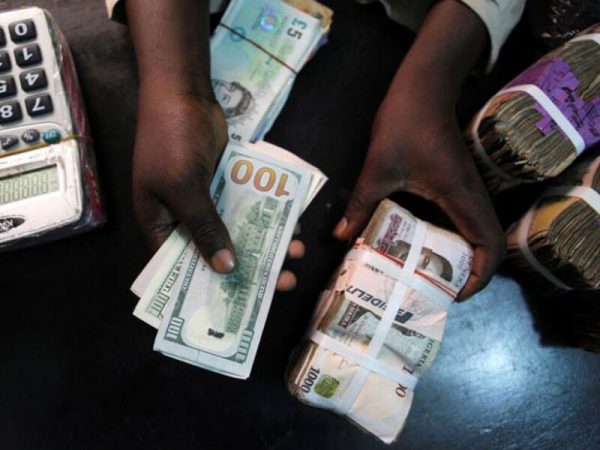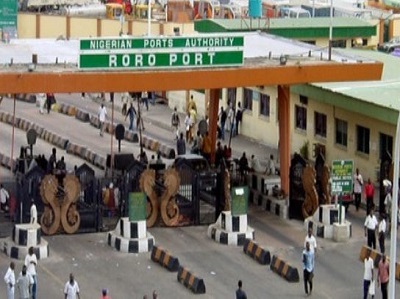Demystifying CBN’s Hiked Customs Duty FX Rate
Last week, the Federal Government, through the Central Bank of Nigeria (CBN) approved a higher exchange rate band from N381 to N404.97 for calculation and payment of import duty.
The situation, according to stakeholders, would trigger higher cost of goods in the market and trigger further the country’s already high inflation.
MMS Plus gathered that the Nigeria Customs Service (NSC) has immediately implemented the rate on duty payable on consignments imported into the country.
Therefore, all transactions and cargoes cleared from the port from Tuesday, had their duty computed based on the new rate of N404.97 to a dollar.
Speaking with our correspondent, the President of Africa Association of Professional Freight Forwarders and Logistics in Nigeria (APFFLON), Otunba Frank Ogunojemite described the development as unfair on Nigerians.
The APFFLON boss argued that the timing of the increment is also an unfortunate one as Nigerians are yet to recover from the financial setbacks occasioned by the COVID-19 pandemic.
“CBN can’t use the pressure on the black market to hike the exchange rate. At the seaports, we just finished fighting terminal operators like PTML over increase in handling charges but how do we reconcile that when the Federal Government is also increasing the exchange rate for customs duties,” he queried.
He lamented that the government doesn’t have control of the economy or it doesn’t care about the citizens.
“Several nations introduced various palliative options for citizens, do we have such in Nigeria? We don’t. Nevertheless, the government has gone ahead to worsen the standard of living and purchasing power of the citizens. They are driving us into recession because the cost of clearing goods would automatically increase and importers have to reflect this increment in the selling price of their goods and services. We should expect an increase in the prices of food items, drugs and other imported products,” he added.
Meanwhile, the President of Shippers Association of Lagos (SALS), Reverend Jonathan Nicol said that the increment is not palatable with importers, because the move will increase the cost of cargo clearance.
He noted that such developments would also cause a hike in prices and goods in the market and lead to inflation.
“It will raise the cost of clearing astronomically. Shippers will have to source for more funds to clear their goods. The ripple effect is that goods will become more expensive in the market and this will lead to inflation,” he stated.
Nicol said shippers were not happy with the increment but have begun to pay, since the Customs have adjusted the duty payable on goods.








